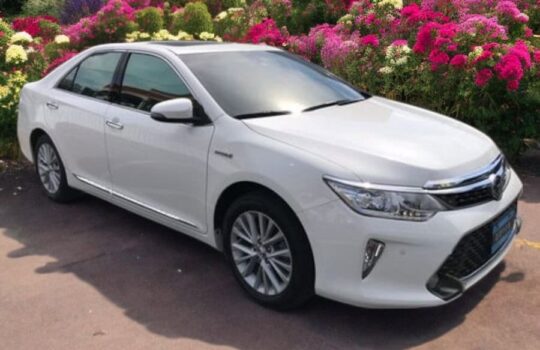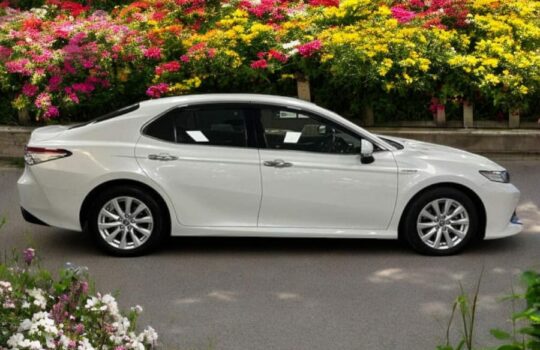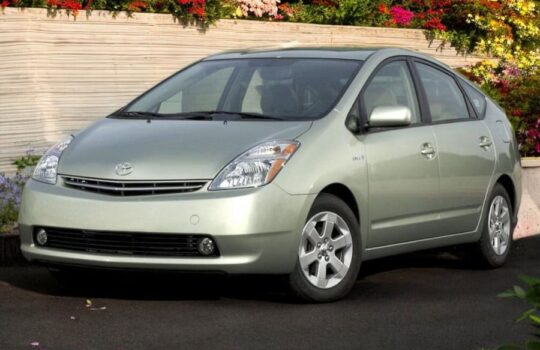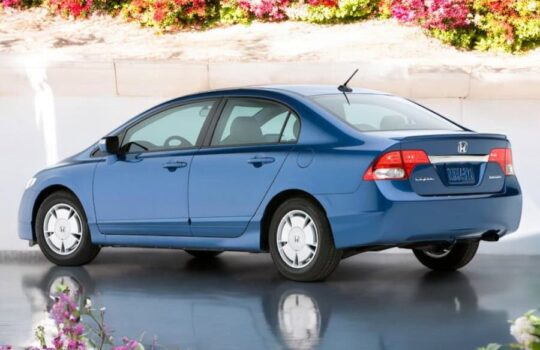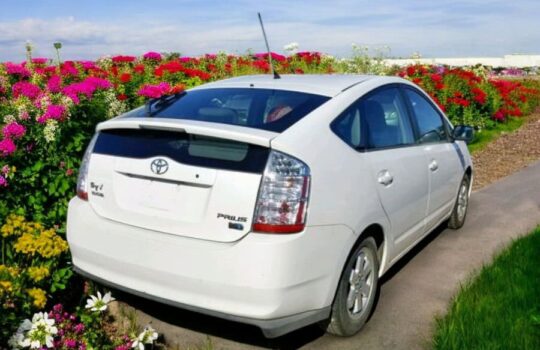How Much Does Replacing a Hybrid Battery Cost?
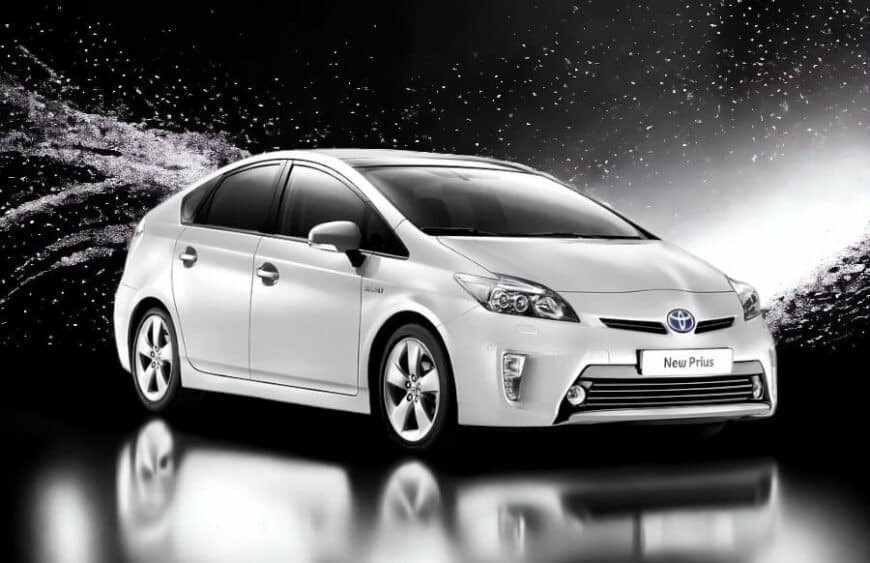
Hybrid batteries are complex devices containing high-voltage high-voltage components that could cause serious injury if mishandled, yet they’re essential for keeping your car moving.
Depending on your make and model, replacing hybrid battery costs may differ significantly, so weighing all available solutions carefully before settling on one is wise.
Cost of Battery
Hybrid vehicles offer an excellent opportunity for drivers who wish to lower their carbon emissions and fuel costs. Unfortunately, like any mechanical system, hybrid batteries may experience wear and tear over time, leading to diminished performance and efficiency. If this concerns you, here are a few considerations when looking at hybrid battery replacement costs:
How long your hybrid battery lasts depends on its make and model and driving habits. For example, frequently switching from gas to electric mode will quickly drain its reserve battery power. Extreme temperatures could also shorten its lifespan, but following regular maintenance and charging instructions can help extend its life span.
On average, hybrid batteries should be replaced every ten years or 150,000 miles; however, many drivers trade in their hybrid before this point, thus avoiding battery replacement costs altogether.
A hybrid battery consists of individual cells connected by connections; its number may depend on your car’s make and model. However, no matter how many cells make up a pack of hybrid batteries. As with any product purchase, shop for the most competitive price.
Once you have purchased a battery for your vehicle, labor costs will be involved in installing it—these could add up quickly if yours is an advanced hybrid battery model.
Refurbished hybrid batteries offer an economical alternative to purchasing brand-new ones but aren’t recommended as long-term solutions. Reconditioned batteries often only work for several years before becoming unusable, and you must understand all your options before deciding.
Replacing a hybrid battery may be expensive, but it’s certainly worthwhile if you want to continue enjoying the advantages of greener transportation. You can significantly reduce replacement costs by shopping around for competitive prices, forgoing unnecessary repairs, and scheduling routine maintenance checks regularly.
Cost of Parts
A hybrid battery contains an intricate system of components that each have their costs. They differ significantly from traditional car batteries in that they require special training to work on them safely as they contain an immense amount of electricity; only trained professionals should work on them.
Some companies offer reconditioned hybrid batteries, which are cheaper than new batteries but only last for a while. Replacement hybrid batteries may be the superior option in most instances.
Signs that a hybrid battery may fail include when its gas engine starts up while driving in electric mode—this could be a severe safety risk requiring immediate attention from you and your mechanic. Other signs include decreased range in EV mode or poor fuel economy.
Hybrid vehicles utilize batteries of several individual cells, each with its voltage and characteristics. The number of these cells varies by manufacturer and hybrid vehicle type. If a single cell becomes compromised or damaged, the whole battery could malfunction or even fail altogether.
If your hybrid battery shows signs of failing, you should find a repair shop offering competitive rates to replace it. Shop around, comparing quotes from several shops, as prices differ widely. Also, inquire whether replacing only damaged cells rather than an entire battery might be possible.
Hybrid batteries typically last eight or ten years before needing replacing; however, their lifespan will ultimately depend on other parts of your hybrid vehicle, so before making repairs or investments in upgrades, it’s wise to assess their resale value first.
If your hybrid battery is nearing its end, now is the time to sell your vehicle and get its value quickly and reliably estimated in 90 seconds. Should you require a new hybrid battery in its place, proceeds from its sale could help offset its costs – whether buying or leasing, upgrading will enhance driving experiences while helping save on gas expenses.
Cost of Labor
When replacing your hybrid battery, working with a professional with experience and knowledge is essential to do it right. A trusted provider should be able to assess whether your existing battery still meets requirements or whether replacement may be necessary, providing you with a cost estimate as well. Before deciding on a provider, request references and verify credentials first.
Additional labor costs must also be covered for your new hybrid battery purchase. Hybrid batteries are much more complex than their car counterparts and require special tools and expertise for maintenance purposes—which could sometimes take an entire day!
At its heart, hybrid battery replacement costs should be minimized by replacing it early before it fails. If your fuel efficiency has declined or starting up your vehicle becomes difficult, these could be telltale signs that your battery is failing and should be addressed immediately.
Refurbished batteries are another cost-cutting measure for hybrid battery replacement. They offer drivers more affordable alternatives at just $500 to $1,500 each. Rebuilt batteries can be found from various third parties at this price point.
To prolong your hybrid battery’s lifespan, follow its manufacturer’s recommendations when charging. Avoid leaving it in extreme temperatures, and do not allow it to drain completely before recharging. Drivers should also schedule regular maintenance checks so issues are discovered early and resolved accordingly.
Replacement batteries for hybrid cars can be costly. Therefore, before deciding, it is wise to research an affordable battery solution and find a mechanic specializing in hybrid batteries.
Cost of Installation
Hybrid cars offer an eco-friendly, economical, and quiet alternative to gas-powered vehicles. However, their batteries may degrade over time and need replacing, which can be expensive. Planning will help drivers avoid unexpected expenses.
Hybrid car battery replacement costs vary significantly depending on multiple factors, including vehicle make and model, battery type and size, labor costs, and replacement battery technology manufacturer costs (e.g., nickel metal hydride used by older batteries; lithium-ion is more commonly used). Furthermore, size and power may impact its price as well.
Labor costs associated with replacing hybrid batteries are relatively higher than those associated with standard car repair due to their complex electrical and mechanical requirements and the need for extensive mechanical services by trained mechanics. Furthermore, hybrid car batteries contain enough electricity to injure or kill anyone who mishandles them.
Hybrid car batteries are an integral component of their drivetrain, so monitoring them for any signs they might fail is vital. Although hybrid batteries typically don’t suddenly stop working overnight, over time, their performance deteriorates; common indicators may include decreased fuel economy or slow recharging times, as well as dashboard warning lights flashing warning messages about failing batteries.
Another indicator of hybrid battery failure is when the battery fails to start the vehicle, signaling that it is dead and needs replacing immediately. If you have noticed this, it would be wise to get your car checked by a specialist as soon as possible.
Even with their higher replacement costs, hybrid battery replacement remains an attractive alternative to gasoline-powered vehicles in many cases. Hybrid batteries produce far less pollution and can even be reused once worn out.


